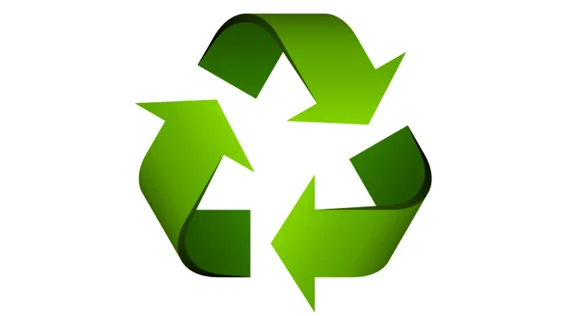
SEATTLE (Waste Advantage): Taiwan’s 55% recycling rate is among the highest the world, up from virtually zero three decades ago. For comparison, the U.S. recycling rate is 34.7% and the European Union’s is 46%. The average Taiwanese person produces 850 grams (1.9 pounds) of waste daily, down from 1.2 kilograms (2.6 pounds) 15 years ago. In the U.S., the average was 4.4 pounds per person per day in 2013. This year, Taiwan committed to banning all single-use plastics — including bags, disposable cups, utensils and straws — by 2030.
As activists and policymakers urgently seek solutions to stem the global tide of waste, Taiwan’s recycling revolution demonstrates the vital role of an organized civil society in forcing governments to prioritize responsible waste management. Moreover, it’s a lesson in how wealth and urbanization can contribute to waste, but also help reduce it.
In the decades leading up to the 1980s, while Taiwan was governed under martial law by the Chinese National Party, the country experienced a period of rapid economic growth and urbanization dubbed the “Taiwan Miracle.” Between 1951 and 1984, annual gross domestic product rose by an average of 6.1% a year, compared to 3.6% in the U.S. over roughly the same period. As the nation grew richer, its consumption rose — along with its waste output.
The traditional system of waste collection and disposal, which relied on informal networks of waste-pickers who collected and transported discarded materials by hand, buckled under the flow of trash from Taiwan’s burgeoning cities. “The landfills were overflowing. You could see that waste was not recycled or sorted,” said Yen-Ning, a policy analyst for Greenpeace Taiwan.
People burned trash in the streets in protest. Grassroots NGOs and individual advocates waged what the press dubbed a “trash war” to pressure the government to reform the country’s waste management system.
In 1987, when martial law ended and the government lifted restrictions on nongovernmental organizations, a group of housewives from around Taiwan formed the Homemakers United Foundation. They quickly became a powerful force in the fight to clean up Taiwan.
Courtesy: https://www.wasteadvantage.com
| Copper Scrap View All | |
| Alternator | 0.32 (0.01) |
| #1 Copper Bare Bright | 3.77 (0.07) |
| Aluminum Scrap View All | |
| 356 Aluminum Wheels (Clean) | 0.73 (0.02) |
| 6061 Extrusions | 0.64 (0.02) |
| Steel Scrap View All | |
| #1 Bundle | 475.00 (0) |
| #1 Busheling | 495.00 (0) |
| Electronics Scrap View All | |